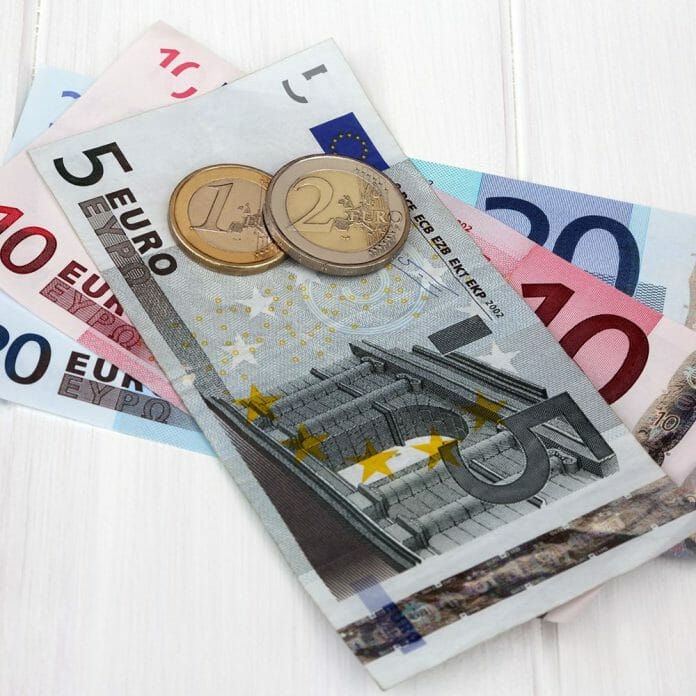Euro headed for its best week since May on Friday after the European Central Bank (ECB) raised borrowing costs more than expected overnight in its first rate hike since 2011.
However the single currency was well off Thursday’s knee-jerk peak after ECB President Christine Lagarde said that while the monetary authority was moving faster than previously signalled, the terminal rate had not changed.
The European Central Bank raised its key interest rates for the first time in over a decade on Thursday.
The rate hike is aimed to combat inflation as consumer prices in the eurozone rose at an 8.6% annual pace in June.
Meanwhile, its negative benchmark deposit rate is raised by 50 basis points from minus 0.5% to 0%, lifting the bank’s deposit facility out of negative territory for the first time in eight years.
The announcement came as a surprise as the bank had initially hinted that it would hike the rate by 25 basis points only. It gave the justification that a bigger hike by an “updated assessment of inflation risks” and pledged further action possibly as soon as its next meeting in September.
“At our upcoming meetings, further normalization of interest rates will be appropriate,” said ECB chief Christine Lagarde.
Moving away from negative interest rates “allows us to make a transition to a meeting-by-meeting approach to our interest rate decisions,” Lagarde added.
The central bank was also short on specifics of a new tool aimed at taming peripheral nation bond yields, just as Italian bonds suffer the effects of a collapsed government.
Some analysts and economists see the widening spread between Italian and German government bond yields reflected greater political risk and the euro had similarly retreated from its post-ECB meeting peak at $1.0279.
The single currency eased 0.2% on Friday to $1.0205, giving back a little of the previous session’s 0.5% advance, but remained on course for a 1.21% weekly rally.
The dollar index – which measures the greenback against six major peers, with the euro the most heavily weighted – edged 0.08% higher to 106.70, following a 0.36% slide on Thursday. It’s on course for a 1.27% drop since last Friday, its first losing week in four.









